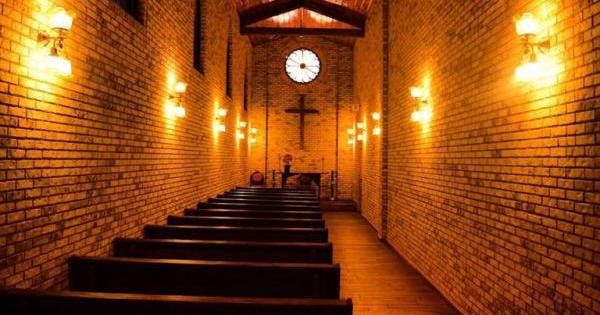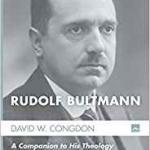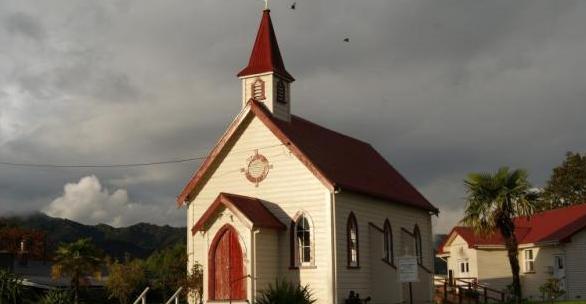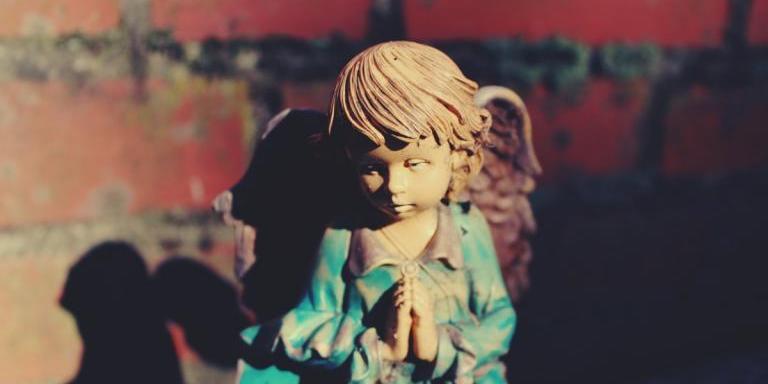My colleague and friend, Dr. Kenneth Reynhout, shared the following post on his Facebook page. I thought it was too substantive and timely not to share it here on my blog–so I asked his permission to do so. Ken has extensive experience with theological education in seminary contexts. Ken’s bio is below.
We have three Protestant seminaries in the Twin Cities, each with its own character and distinguished legacy. I have some affiliation with all three of them, either as a student or as faculty/staff, or both. I also have friends and colleagues, people I respect very much, at each institution.

And this is not unique to the Twin Cities; seminaries all over the country are having similar struggles.I could wax eloquently about the causes of this reality, things with which my friends in the academy of religion are all too familiar. For the uninitiated, the American religious landscape has been changing in some rapid and significant ways, the sum total effect of which has been to devalue and diminish the importance of seminary education. These changes coincided with a recession, and changing attitudes toward higher education in general, which produced a perfect storm for seminaries. At times working in seminary education feels like being a prescient dinosaur that actually knows the meteor is going to hit and wipe us all out. It is an awareness of extinction before the fact.That is an exaggeration, however. Many seminaries will survive these times. At United Theological Seminary of the Twin Cities we have a strategy for surviving and thriving. It’s a good plan, as far as I can tell, and I am excited about the future. If anyone is interested in knowing more, I am happy to have that conversation.
But this post isn’t a plug for United. The events of the past few years, and really the past few decades, have illuminated a cruel irony. We now exist in a society where a lack of religious education is fueling our own social disintegration. On nearly every divisive issue I can think of—immigration, healthcare, climate change, crime, race, gender, sexuality, terrorism, war, international affairs, poverty, inequality, economics, taxes, abortion, guns—there are underlying explicit and implicit religious ideas at work.
Some of these ideas are theological—what we believe to be true about God—some are hermeneutical—what we think the Bible or other sacred texts are telling us—and some are moral—how we think God expects us to act. Still others are ideas we have about other people and the religions they adhere to, whether they are other kinds of Christians or people from different religions. And this is true for everyone, atheists included, because an anti-faith is still a kind of faith.
What is sad and frustrating is that our social existence and public dialogue is replete with religious ignorance and misunderstanding. Most people don’t understand the history of their own tradition, or the complexities of their own scriptures, much less that history and scriptures of other traditions. We take principled stands on issues without understanding where those principles come from or how they are grounded or whether they are sound. We blindly accept the authority of our chosen religious authorities, but lack the ability to investigate the issues for ourselves. We classify people according to race, age, class, and creed, and then shift the blame to convenient scapegoats, justified in our own sense of moral superiority. We lack the ability to engage with a foreign other, anyone who feels at all threatening to my religious sense of the world.
The cruel irony in all of this is that seminaries are equipped to address this social malady. Seminaries train pastors, chaplains, and other ministers, this is true, but the way that seminaries accomplish this is through education aimed at theological, hermeneutical, moral, and contextual awareness. Increasingly, as American secularism expands, this includes interreligious education. Methods differ from institution to institution, and not all seminaries are as good at it as others, but seminary is still, generally speaking, a transformative experience for its students. It should be the opposite of brainwashing; it is the expansion of one’s ability to be self-aware, self-reflective, other-regarding, and other-engaging.
When I worked at Bethel we commonly referred to this as being “self-differentiated.” It doesn’t mean not having convictions, or being theologically wishy-washy. It is more a kind of humble confidence, which allows one to hold religious convictions without being afraid of encounters with alternative ideas, different traditions, or other religions. It also means being able to manage and attenuate one’s anxiety about other people who are different.
Seminary education is not just learning about the Bible and theology, or about gaining skills for preaching and church administration, it is just as much and arguably more so about learning to be a healthy person, someone who will be a good minister to and for others, someone who can help heal the world instead of making it worse.
I wish everyone could afford a seminary education. I wish seminaries could find better ways of delivering their value to a society in danger of disintegration and collapse. I don’t know how to help make that happen, at least not yet, but I continue to live in hope.











